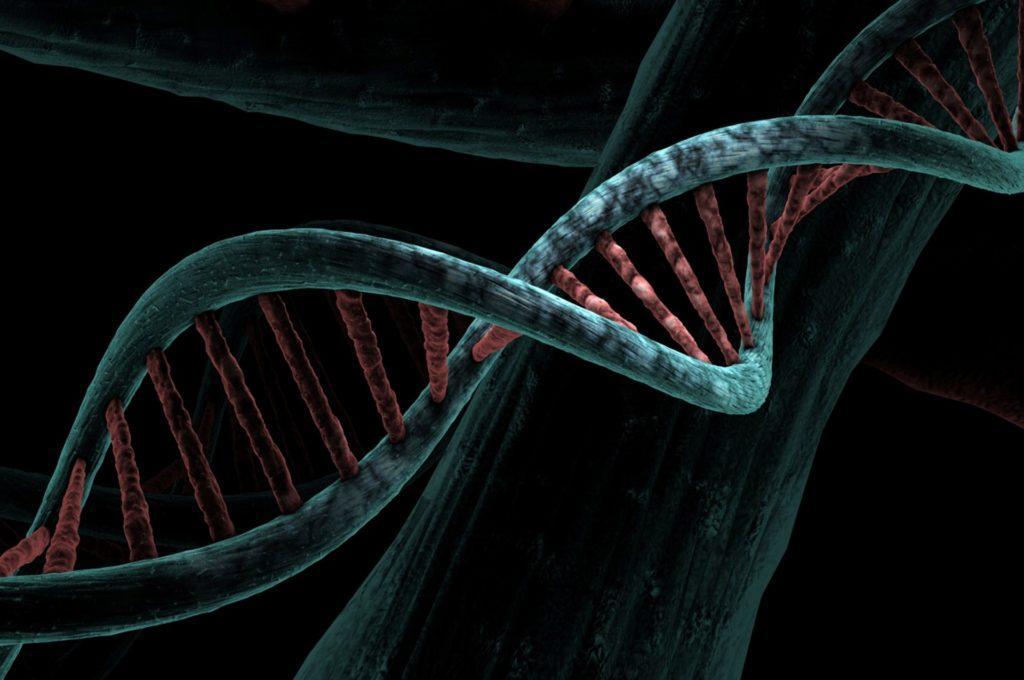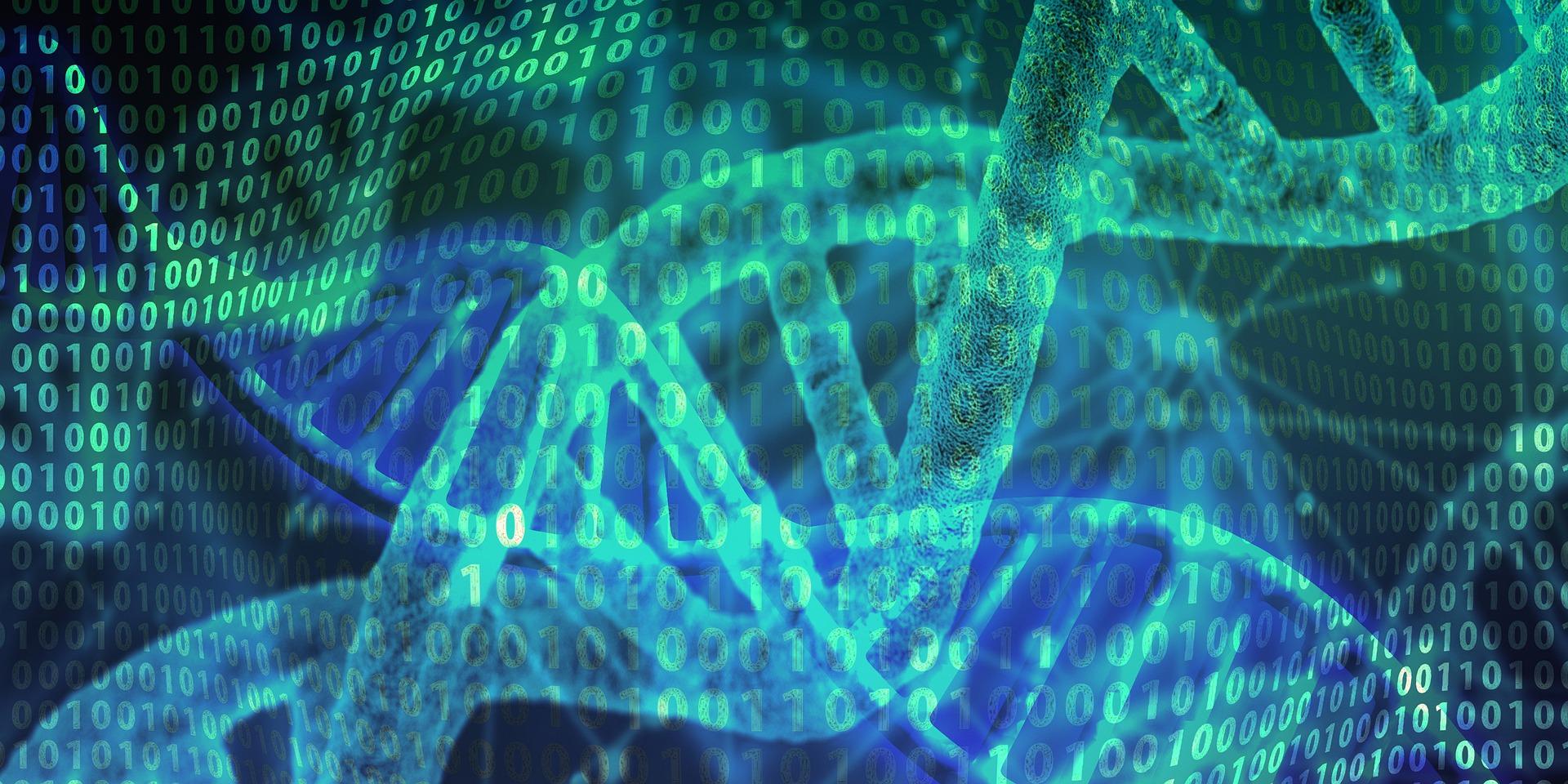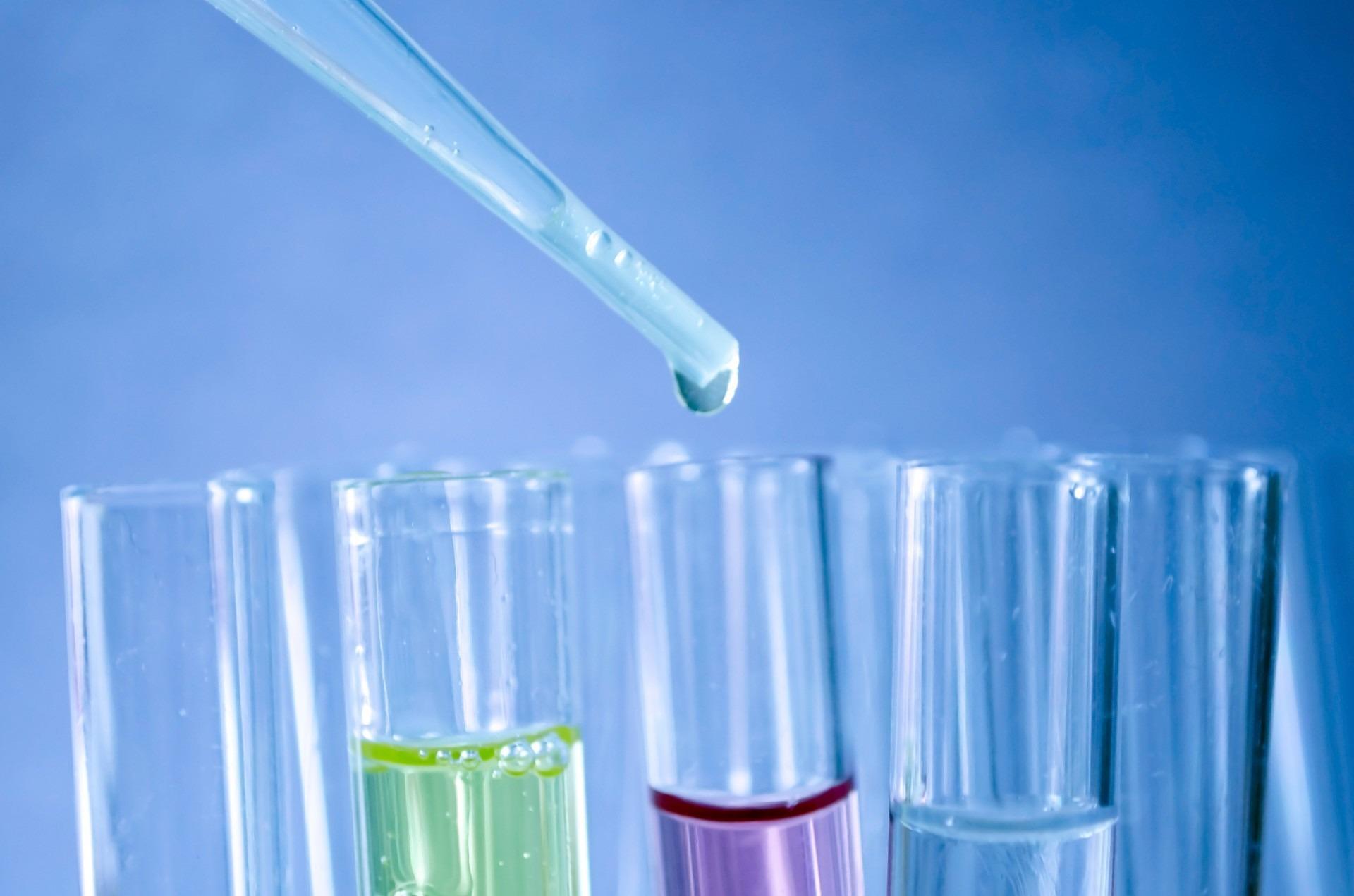In this article, we’ll explore the fascinating connection between aging and genetics. Your DNA, the unique code that makes you who you are, plays a crucial role in how you age and the health challenges you may face along the way. By understanding the influence of genetics on aging, you can make informed choices to promote longevity, enhance senior health, and embrace the journey of aging gracefully.
Aging and Genetics: The Longevity Blueprint
Just like a blueprint guides the construction of a building, your genes serve as the blueprint for your body’s development and function throughout your life. They determine your physical traits, such as your eye color, height, and hair texture. However, genes don’t stop influencing your health and well-being after you’ve reached adulthood.
As you age, the impact of your genes becomes more apparent. Certain genetic variations can affect how your body handles the aging process, influencing your susceptibility to age-related diseases and conditions. For example, some individuals may carry gene variants that increase their risk of developing heart disease, while others may have genetic factors that contribute to cognitive decline or osteoporosis.
Understanding your genetic predispositions can empower you to take proactive measures to mitigate potential health risks. While genes may set the stage, your lifestyle choices, including diet, exercise, stress management, and sleep, can profoundly impact your overall well-being and the way your genes express themselves.
Epigenetics: The Dance Between Genes and Environment
While your genetic code is largely fixed, there is a fascinating field of study called epigenetics that sheds light on the interaction between genes and the environment. Epigenetics refers to the modifications that occur in gene expression without altering the DNA sequence itself. It is through epigenetic mechanisms that your lifestyle choices can influence the way your genes function.

Imagine you have a genetic predisposition to a certain health condition. Your lifestyle choices can either enhance or suppress the expression of those genes. For instance, regular physical activity and a nutrient-rich diet can activate genes associated with longevity and cellular health while potentially suppressing genes linked to inflammation and chronic diseases.
Epigenetic modifications can be influenced by various factors, including stress, diet, exercise, exposure to toxins, and even social interactions. This dynamic interplay between your genes and the environment offers an exciting opportunity to shape your aging journey through conscious lifestyle choices.
The Impact of Genetic Variations on Age-Related Diseases
As we mentioned, your genetic makeup can significantly influence your susceptibility to age-related diseases. Understanding these genetic variations can provide valuable insights into your health risks and help you make informed decisions to mitigate potential challenges.
Heart Disease: Unveiling the Genetic Puzzle
Heart disease is a leading cause of mortality worldwide, and genetic factors play a substantial role in its development. Certain genetic variants can increase your risk of conditions like high blood pressure, high cholesterol, and coronary artery disease. For example, the presence of a specific variant in the APOE gene has been associated with higher cholesterol levels and an increased risk of developing heart disease.
By identifying these genetic markers, you can work closely with your healthcare provider to implement preventive measures. Lifestyle modifications, such as a heart-healthy diet, regular exercise, and stress management techniques, can help counteract the genetic predisposition and promote cardiovascular health.
Cognitive Decline: Unraveling the Genetic Code of Memory
As we age, cognitive decline becomes a concern for many individuals. Genetic variations can contribute to the development of conditions like Alzheimer’s disease and other forms of dementia. The APOE gene, once again, plays a significant role in this aspect. Certain variants of the APOE gene, particularly the ε4 allele, have been linked to a higher risk of developing Alzheimer’s disease.
However, it’s important to note that genetics is just one piece of the puzzle when it comes to cognitive health. Lifestyle factors, such as engaging in mentally stimulating activities, maintaining social connections, and adopting a brain-healthy diet, can all support cognitive function and potentially delay the onset of age-related cognitive decline.

Osteoporosis: Building Strong Bones with Genetic Insights
Osteoporosis, a condition characterized by decreased bone density and an increased risk of fractures, is a concern for many older adults, particularly women. Genetic factors, such as variations in genes involved in bone remodeling, can influence an individual’s susceptibility to osteoporosis.
For example, certain variations in the vitamin D receptor (VDR) gene have been associated with lower bone mineral density and an increased risk of fractures. By understanding your genetic predispositions, you can work with your healthcare team to implement strategies for maintaining bone health, such as ensuring adequate calcium and vitamin D intake, engaging in weight-bearing exercises, and avoiding habits that contribute to bone loss, such as smoking and excessive alcohol consumption.
Genetic Testing: Uncovering Your Unique Genetic Profile
Now that we’ve explored how genetics can impact age-related diseases, you might be wondering how to gain insights into your own genetic makeup. Genetic testing has become increasingly accessible and can provide valuable information about your unique genetic profile.
Through a simple saliva or blood sample, genetic testing can identify variations in specific genes associated with various health conditions. This information can help you and your healthcare provider develop personalized strategies to promote longevity and enhance your well-being.

It’s important to remember that genetic testing should always be done in conjunction with professional guidance from a healthcare provider or genetic counselor. They can help interpret the results and provide personalized recommendations based on your genetic profile.
The Benefits and Considerations of Genetic Testing
Genetic testing has revolutionized the field of healthcare, offering valuable insights into our unique genetic makeup and potential health risks. In this section, we’ll delve deeper into the benefits of genetic testing, discuss different types of tests available, and address common concerns and misconceptions.
Personalized Approach to Health
One of the key advantages of genetic testing is its ability to provide a personalized approach to health and wellness. By uncovering your unique genetic profile, you gain a deeper understanding of your body’s individual needs and potential risks. Armed with this knowledge, you can work with healthcare professionals to develop tailored strategies that promote longevity, prevent diseases, and optimize overall well-being.
For example, if your genetic test reveals a higher risk of developing certain conditions, such as breast cancer or diabetes, your healthcare provider can create a screening plan or recommend lifestyle modifications specific to your genetic predispositions. This personalized approach empowers you to take proactive steps toward better health and disease prevention.
Identification of Carrier Status
Genetic testing is not only beneficial for individuals but also for couples planning to start a family. It can identify carrier status for certain genetic disorders, allowing couples to make informed decisions about family planning and explore options such as preimplantation genetic testing or prenatal testing.
Carrier testing helps identify whether you carry a genetic variant for conditions like cystic fibrosis, sickle cell anemia, or Tay-Sachs disease, among others. Understanding your carrier status enables you to make decisions that can reduce the risk of passing on inherited disorders to your children.
Early Detection and Prevention
Genetic testing can be a powerful tool in the early detection and prevention of certain diseases. By identifying genetic variations associated with specific conditions, such as hereditary cancers or cardiovascular diseases, you can undergo targeted screening or take proactive measures to reduce the risk.
For instance, if your genetic test indicates a higher risk of hereditary breast and ovarian cancer syndrome due to a mutation in the BRCA1 or BRCA2 gene, you may choose to undergo more frequent screenings or even consider preventive measures, such as prophylactic surgery or chemoprevention. Early detection and intervention can significantly improve outcomes and save lives.
Types of Genetic Tests
There are various types of genetic tests available, each serving a specific purpose. Some common types of genetic tests include:
1. Diagnostic Testing: This test is used to confirm or rule out a suspected genetic condition based on symptoms or medical history.
2. Predictive Testing: This test helps determine an individual’s risk of developing a certain condition, allowing for preventive measures or early intervention.
3. Carrier Testing: This test identifies whether an individual carries a genetic variant for a specific condition, helping with family planning decisions.
4. Pharmacogenetic Testing: This test analyzes genetic variations that affect how an individual metabolizes medications, allowing healthcare providers to prescribe medications more effectively and avoid potential adverse reactions.
It’s essential to consult with a healthcare professional or genetic counselor to determine which test is appropriate for your specific needs and goals.
Addressing Concerns and Misconceptions
Genetic testing may raise concerns or misconceptions, and it’s important to address them. Here are a few common concerns:
1. Privacy and Confidentiality: Genetic testing companies prioritize the privacy and confidentiality of your genetic information. Before undergoing any test, carefully review the privacy policy and understand how your data will be handled.
2. Emotional Impact: Genetic test results may elicit emotional responses, especially if they reveal an increased risk of certain conditions. Genetic counseling can provide support, help you interpret the results, and guide you through the decision-making process.
3. Limited Predictive Power: It’s important to remember that genetic testing provides probabilities and risk assessments rather than absolute predictions. Environmental factors and lifestyle choices also contribute to overall health.
Telomeres and Aging: Unraveling the Role of Genetic Factors
Telomeres, the protective caps at the ends of chromosomes, have emerged as a fascinating area of study in relation to the aging process. Understanding the genetic factors influencing telomeres and their connection to aging could provide valuable insights into potential interventions to slow down the aging process and promote longevity. In this article, we explore the relationship between telomeres, genetics, and aging, shedding light on the mechanisms that impact cellular aging and overall health.
Telomeres and Cellular Aging:
Telomeres play a critical role in maintaining the stability and integrity of our DNA. However, with each cell division, telomeres gradually shorten. This process serves as a molecular clock, marking the cell’s age and contributing to cellular aging. Eventually, telomeres become critically short, triggering cellular senescence or programmed cell death. Telomere shortening has been associated with age-related diseases, reduced tissue regeneration, and overall decline in health.
Genetic Influences on Telomeres:
While telomere shortening is a natural part of the aging process, genetic factors can influence the rate at which telomeres shorten. Genetic variations in genes involved in telomere maintenance, such as telomerase (TERT) and shelterin complex components (e.g., TRF1, TRF2), can impact telomere length and stability. Certain genetic variants have been associated with accelerated telomere shortening, leading to premature cellular aging and an increased risk of age-related diseases.
Telomeres and Age-Related Diseases:
Telomere dysfunction has been implicated in various age-related diseases, including cardiovascular disease, cancer, neurodegenerative disorders, and metabolic conditions. Genetic variations that result in shorter telomeres or impaired telomere maintenance mechanisms can increase susceptibility to these diseases. Understanding the genetic basis of telomere-related diseases can help identify individuals at higher risk and guide preventive strategies and targeted treatments.
Lifestyle Factors and Telomeres:
While genetics play a significant role in telomere length, lifestyle factors can also impact telomere maintenance. Chronic psychological stress, poor nutrition, sedentary lifestyle, and exposure to environmental toxins have been associated with accelerated telomere shortening. Conversely, adopting a healthy lifestyle, including stress reduction techniques, regular physical activity, balanced nutrition, and adequate sleep, may help preserve telomere length and slow down cellular aging.

Potential Interventions:
Research into telomeres and genetics has opened up avenues for potential interventions to promote healthy aging. Telomerase activation, through targeted therapies or lifestyle interventions, holds promise for maintaining telomere length and cellular health. Strategies to enhance telomerase activity and telomere maintenance may include the use of certain medications, natural compounds, and lifestyle modifications.
Genetic Testing and Telomere Analysis:
Genetic testing can provide valuable insights into an individual’s genetic predisposition for telomere-related conditions and the potential rate of telomere shortening. Telomere analysis, often done in conjunction with genetic testing, measures telomere length to assess cellular aging and disease risk. Genetic counselors and healthcare professionals can help interpret the results and provide personalized recommendations based on an individual’s genetic profile.
Telomeres, influenced by both genetic and lifestyle factors, play a crucial role in cellular aging and age-related diseases. Understanding the genetic basis of telomere maintenance and exploring interventions to preserve telomere length can offer new possibilities for promoting healthy aging and improving overall health outcomes. As research in this field advances, a deeper understanding of telomeres and genetics will likely lead to innovative strategies for extending healthspan and enhancing the quality of life as we age.
Nutrigenomics and Aging: Harnessing the Power of Genetics and Nutrition for Healthy Aging
The field of nutrigenomics has gained increasing attention for its potential to uncover the intricate relationship between genetics, nutrition, and the aging process. Nutrigenomics explores how our genes interact with the foods we consume, influencing gene expression and ultimately impacting our health and aging. In this article, we delve into the fascinating realm of nutrigenomics and its role in promoting healthy aging through personalized nutrition strategies.
Genetics and Nutrigenomics:
Our genetic makeup plays a significant role in how our bodies process and respond to different nutrients. Genetic variations can influence the absorption, metabolism, and utilization of various dietary components. By understanding these genetic variations, we can tailor our dietary choices to optimize our health and well-being as we age.
Gene-Nutrient Interactions:
Gene-nutrient interactions in nutrigenomics encompass two main areas: nutrigenetics and nutrigenomics. Nutrigenetics focuses on how genetic variations impact an individual’s response to specific nutrients, such as macronutrients (carbohydrates, fats, proteins) and micronutrients (vitamins, minerals). Nutrigenomics, on the other hand, examines how nutrients influence gene expression and activity, affecting various physiological processes related to aging and health.
Personalized Nutrition Approaches:
One of the key applications of nutrigenomics is the development of personalized nutrition approaches. By analyzing an individual’s genetic profile, including gene variations related to nutrient metabolism and utilization, personalized dietary recommendations can be tailored to optimize health outcomes. This approach takes into account an individual’s specific genetic needs, allowing for targeted dietary interventions to support healthy aging.

Genetic Variations and Age-Related Conditions:
Nutrigenomics research has uncovered specific genetic variations that contribute to the development of age-related conditions. For instance, variations in genes involved in inflammation and oxidative stress pathways can influence an individual’s susceptibility to chronic diseases such as cardiovascular disease, neurodegenerative disorders, and cancer. Understanding these genetic predispositions can guide personalized dietary strategies aimed at reducing disease risk and promoting healthy aging.
Targeted Nutritional Interventions:
Nutrigenomics also offers insights into targeted nutritional interventions for age-related conditions. By identifying specific genetic variations associated with increased disease risk, tailored dietary interventions can be designed to mitigate these risks. For example, individuals with a genetic predisposition to cardiovascular disease may benefit from a diet rich in heart-healthy nutrients, such as omega-3 fatty acids, while those with genetic markers for cognitive decline may benefit from a brain-healthy diet rich in antioxidants and anti-inflammatory compounds.
Nutritional Modulation of Gene Expression:
Nutrigenomics research has revealed that dietary choices can modulate gene expression, potentially impacting the aging process. Certain nutrients, such as resveratrol, curcumin, and green tea catechins, have been shown to influence gene expression patterns related to longevity and cellular health. By incorporating these nutrients into our diets, we may be able to positively influence the expression of genes associated with healthy aging.
Ethical Considerations and Genetic Privacy:
As nutrigenomics advances, it is crucial to address ethical considerations and genetic privacy. The collection and analysis of genetic data raise concerns about privacy and the potential misuse of personal genetic information. Clear guidelines and regulations must be in place to protect individuals’ rights and ensure the responsible use of genetic data in the context of nutrigenomics research and personalized nutrition recommendations.
Nutrigenomics provides a powerful framework for understanding the complex interplay between genetics, nutrition, and aging. By uncovering the genetic variations that influence our response to nutrients, we can develop personalized nutrition strategies to support healthy aging and reduce the risk of age-related diseases. As the field of nutrigenomics continues to evolve, it holds great promise for revolutionizing how we approach nutrition and aging, offering individualized dietary recommendations for optimal health and well-being throughout the lifespan.
Healthy and Genetics: Embrace the Journey
As we conclude this article, remember that healthy aging is a holistic process that encompasses various aspects of your life. While genetics play a role, your lifestyle choices can significantly influence your well-being and the quality of your aging journey.
By focusing on nutrition, physical activity, stress management, sleep, and social connections, you can embrace the path of healthy aging and unlock the secrets to a fulfilling and vibrant life. At Healthy Aging, we’re committed to providing expert advice, valuable tips, and resources to support you on this journey. Join our community and embark on a path toward holistic well-being and an enriching life experience.
Stay tuned for more articles and insights on Healthy Aging, where we continue to dive deep into the world of healthy aging and equip you with the knowledge and tools to age gracefully and enjoy a higher quality of life.
Read more: Regular Health Check-Ups: Essential Health Screenings for Every Life Stage
Disclaimer: The information provided in this blog post is for educational purposes only and should not be considered as medical advice. Consult with your healthcare professional for personalized guidance and recommendations regarding your specific health needs and conditions.





